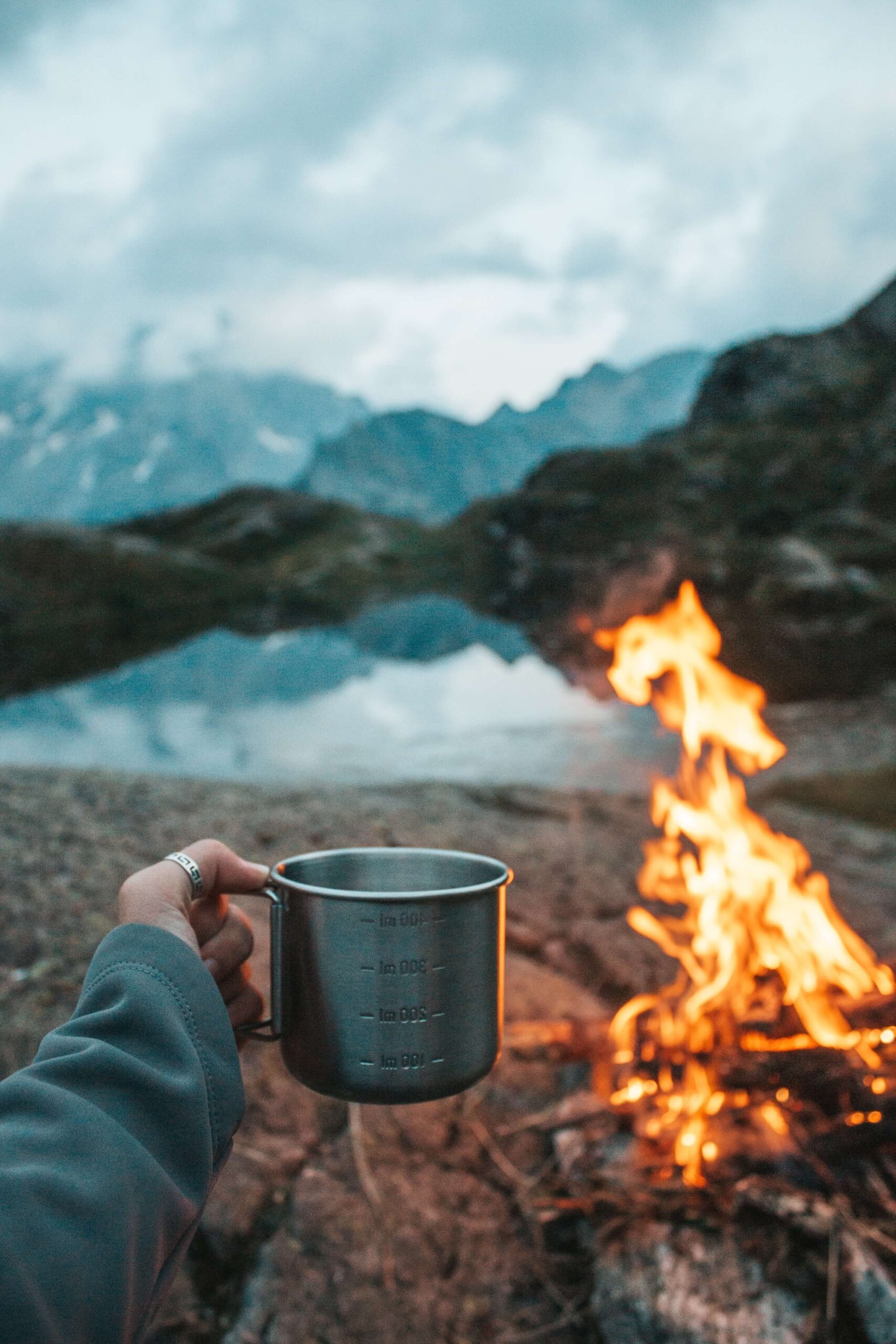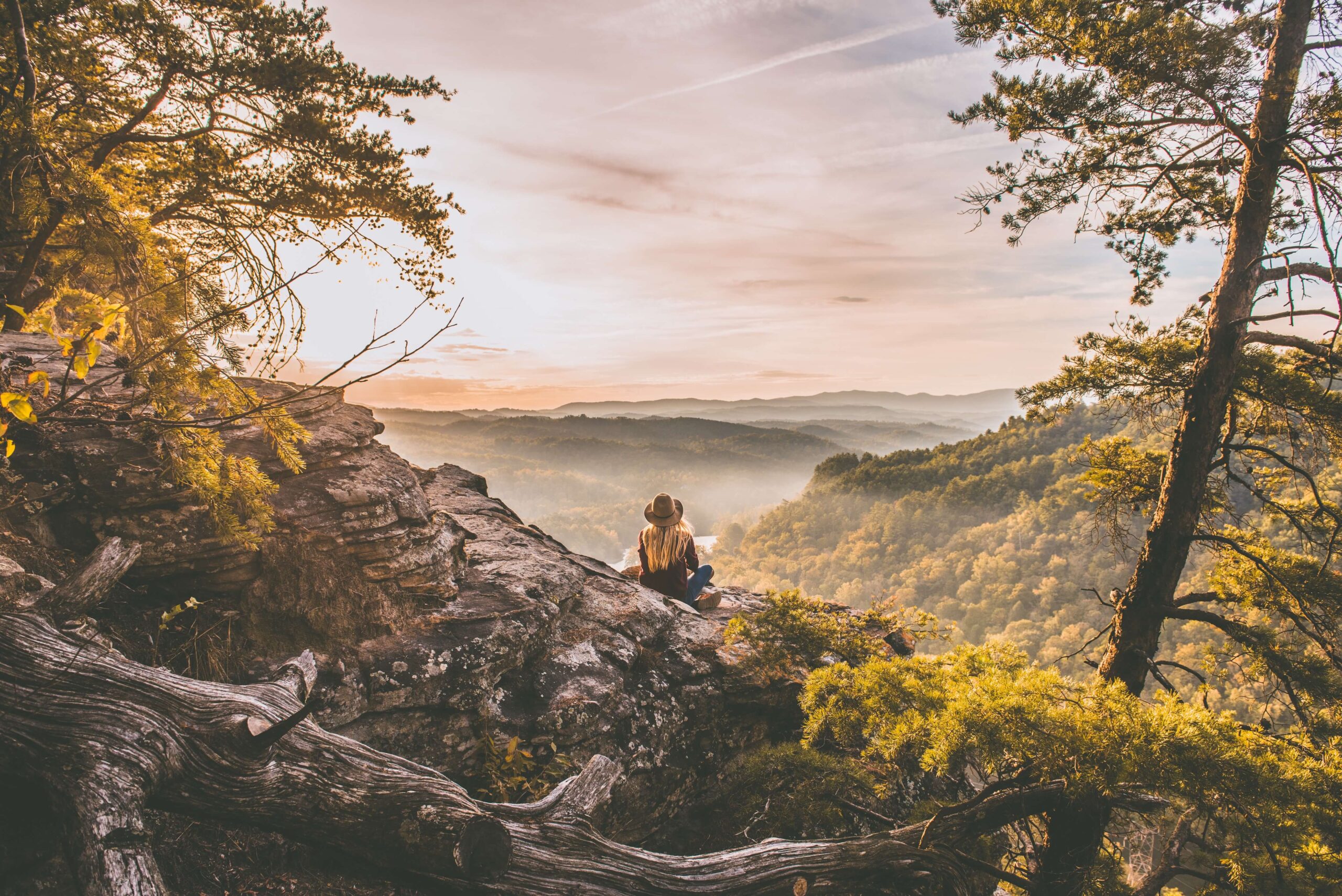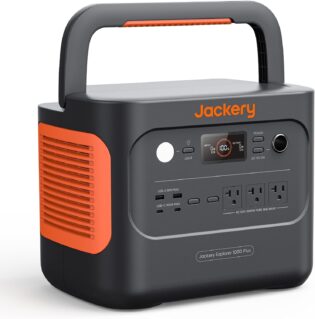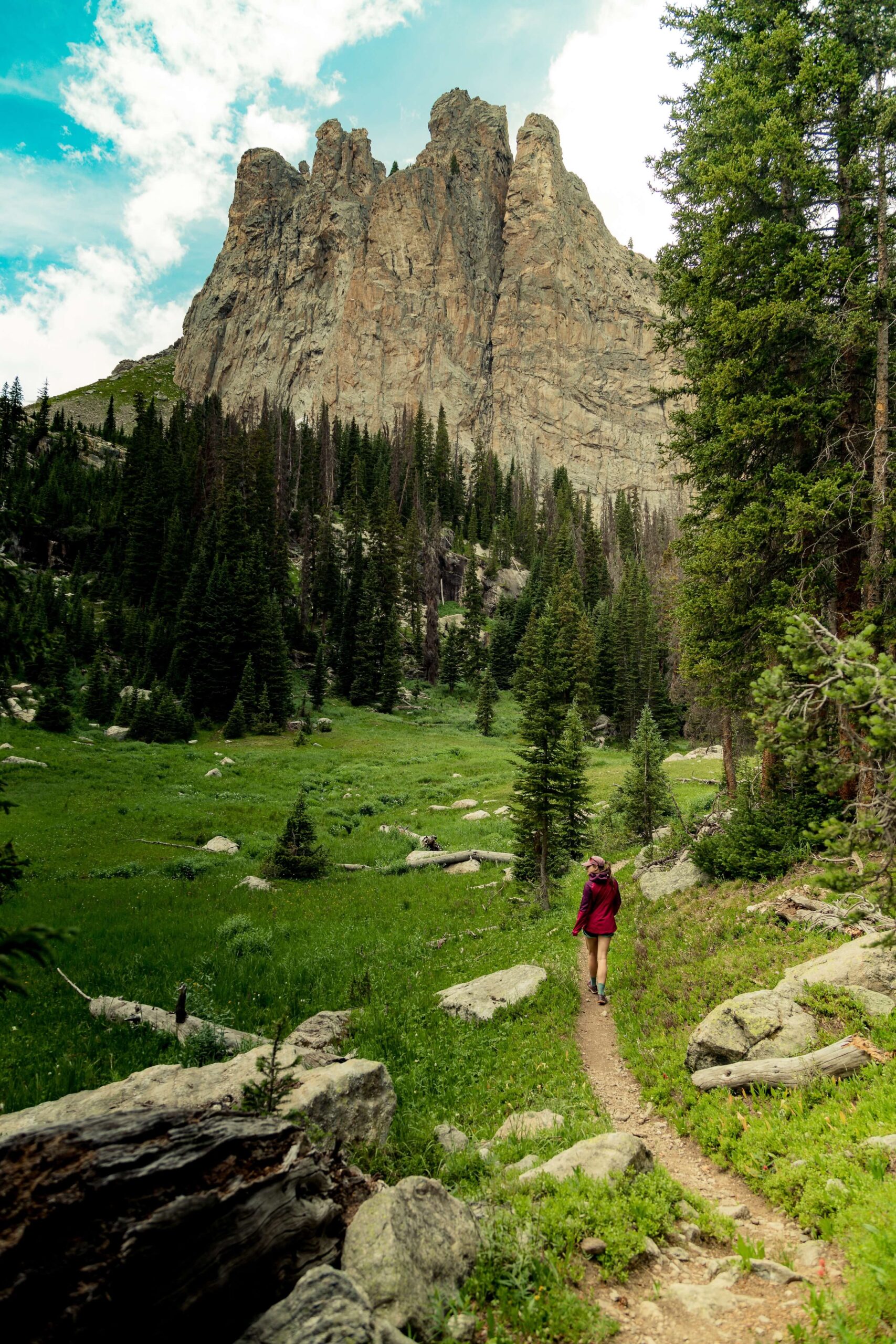
For many, the dream of living off the grid – a lifestyle free from the dependency on public utilities and the hustle of modern city life – is appealing. This way of life not only fosters self-reliance and sustainability but also connects one deeply with nature. However, an important question arises for those considering this path in the United States: Is it legal to live off the grid?
Understanding Off-Grid Living
Firstly, it’s crucial to define what “off-grid” living means. Typically, it refers to living without the reliance on the standard utility grid, particularly for electricity, water, and sewer services. This lifestyle often involves using alternative energy sources like solar panels, collecting rainwater, and managing waste through composting toilets.
reviewed
New Nightwear Styles For Autumn
Choosing the right types of nightwear will make your sleep experience more relaxed. Open your closet and make a special room for all the different types of nightwear that deserve that space.
-

COSORI Food Dehydrator
$159.99
The Legal Landscape
The legality of off-grid living in the U.S. varies significantly depending on numerous factors, including location, zoning laws, building codes, and the specifics of your off-grid setup. Here’s a closer look:
1. Zoning Laws and Building Codes
Local zoning laws and building codes are perhaps the most significant legal considerations. Some areas have strict regulations that require residences to be connected to the power grid and water systems. Off-grid homes must also adhere to building codes, which can dictate everything from the size of the dwelling to the types of materials used.
2. Land Usage and Property Rights
The legality of certain off-grid practices also depends on your land usage rights. For instance, collecting rainwater is illegal in some states due to water rights laws. Similarly, growing your own food or raising livestock may be restricted by local ordinances.
3. Alternative Energy Compliance
Using alternative energy sources like solar or wind power is typically legal, but there might be regulations regarding the installation and use of such systems. In some areas, you might still be legally required to connect your property to the grid, even if you don’t use it.
4. Sewage and Waste Management
Proper sewage and waste disposal is a health and environmental concern. Many areas require homes to be connected to a municipal sewage system or have a septic system. Composting toilets and greywater systems can be legal alternatives but often need to meet specific standards.

Navigating the Legalities
1. Research Is Key
Before embarking on an off-grid lifestyle, research the specific laws and regulations in your area. This research should include zoning laws, building codes, and any other relevant ordinances.
2. Seek Professional Advice
Consider consulting with a lawyer or a local planning department. Professional advice can provide clarity on legal requirements and help you navigate the complexities of off-grid living legally.
3. Be Prepared for Compromise
In some cases, you may need to compromise. This might mean partially connecting to the grid or modifying your off-grid setup to meet legal requirements.
4. Advocacy and Change
If you find the laws in your area overly restrictive, consider getting involved in local advocacy. Communities can and do change, often driven by the voices and actions of their members.
Living off-grid is not about escaping society, but embracing a life where every sunrise brings self-sufficiency, every sunset brings reflection, and every day is a step closer to nature's rhythm.
Living off the grid in the United States can be legal, but it requires careful planning and adherence to various laws and regulations. These laws are not designed to prevent off-grid living but to ensure safety, health standards, and environmental protection. By understanding and respecting these legal frameworks, you can embark on your off-grid journey with confidence and peace of mind.
- TAGS ― Featured, Home-Influencer

Do You Have to Pay Taxes If You Live Off the Grid?
Venturing into the world of off-grid living is an exciting journey, full of possibilities and a closer connection to nature. It’s a lifestyle embraced by many women seeking independence, sustainability, and a simpler way of life.

What is Off-Grid Living?
Welcome to the world of off-grid living, a lifestyle choice that’s gaining momentum among women seeking a more sustainable, independent, and fulfilling way of life.






